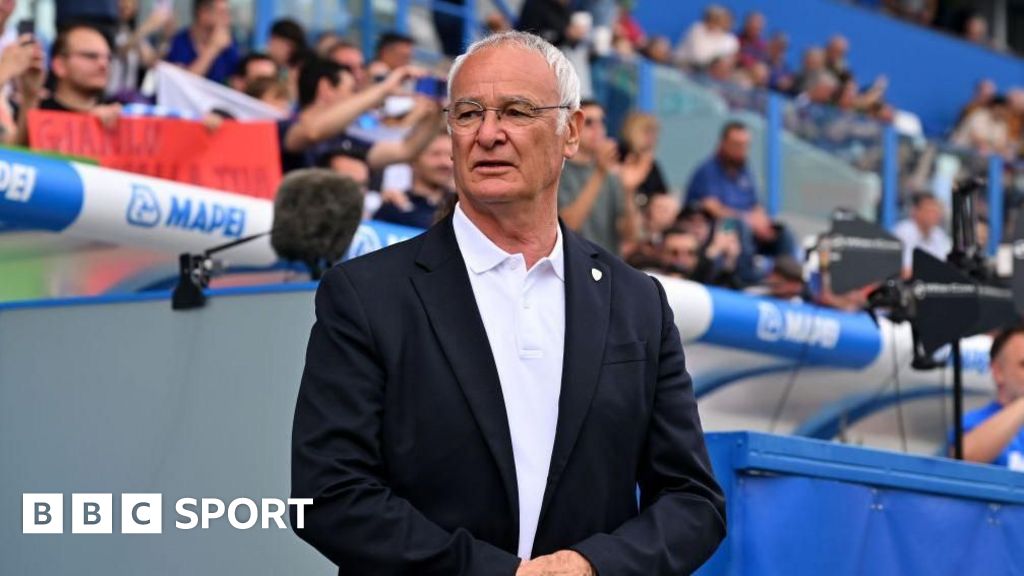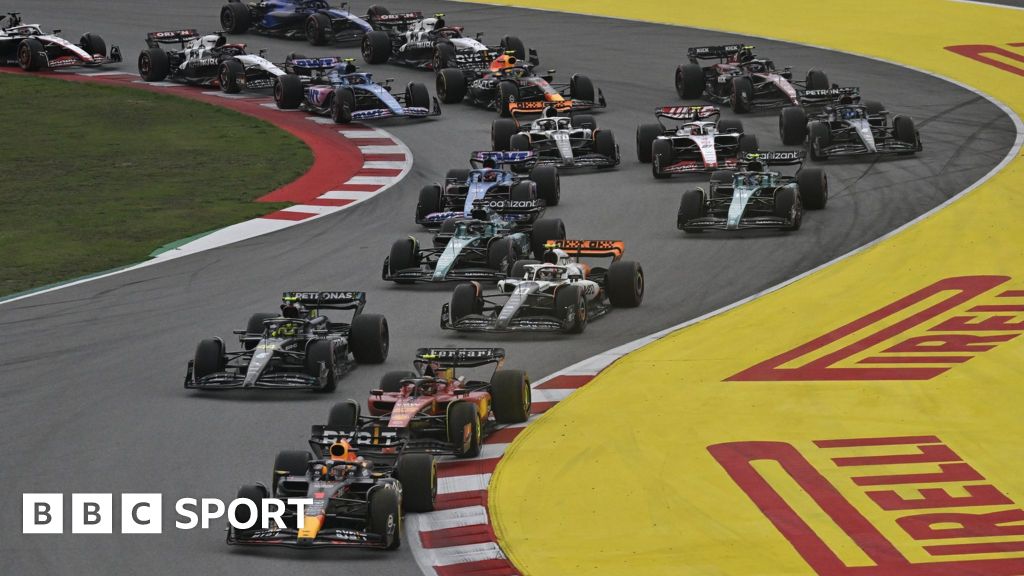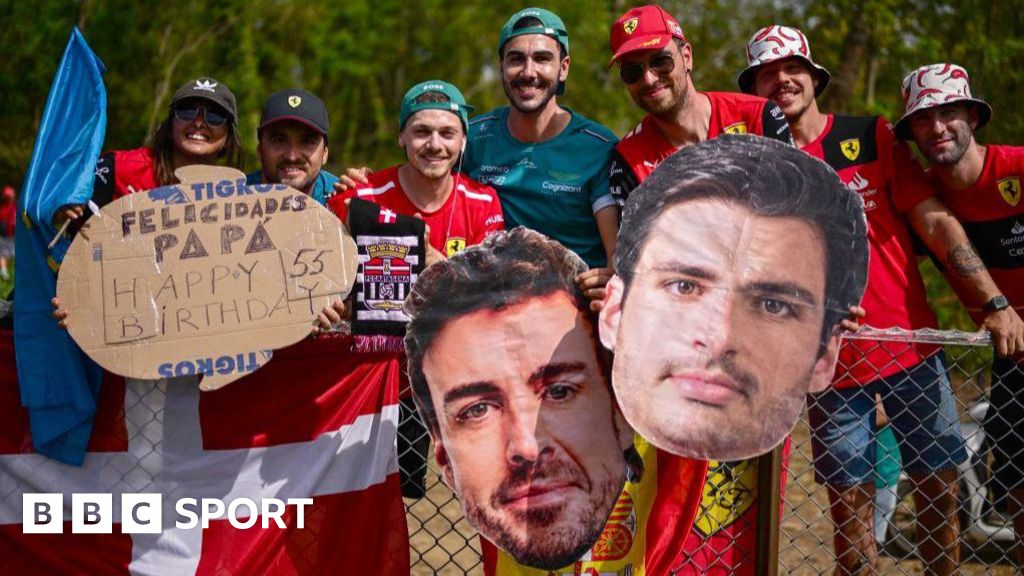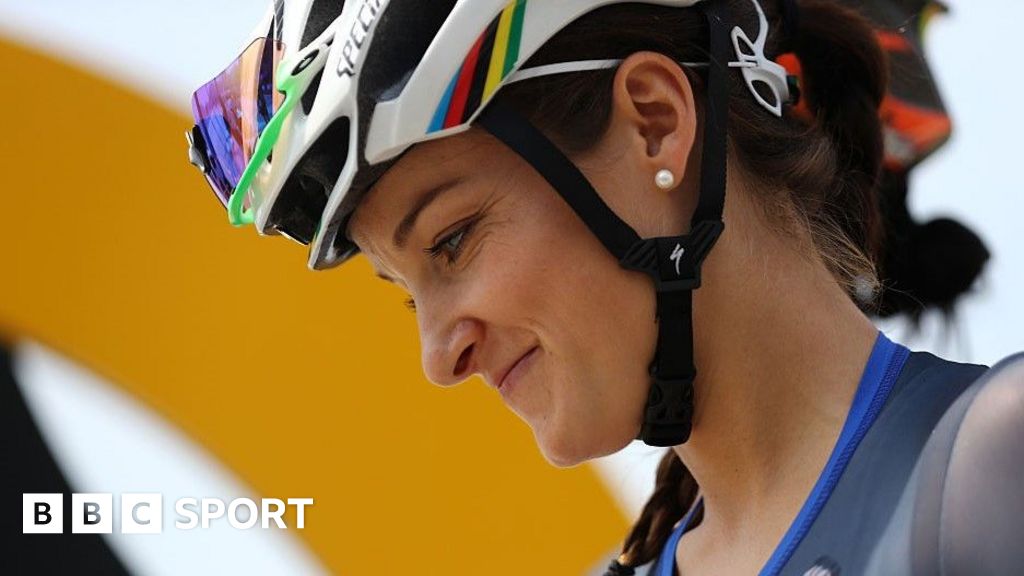Madrid will replace Barcelona as host of the Spanish Grand Prix from 2026.
The race will run on a new 5.47km (3.399-mile) circuit around the Ifema exhibition centre between the Spanish capital and Barajas airport.
Formula 1, which is aiming to reduce its greenhouse gas emissions to net zero by 2030, says it will be “one of the calendar’s most accessible races”.
A statement said 90% of fans would be able to travel to the race via public transport on metro and train lines.
The deal, which runs until 2035, means Madrid will be host of the country’s grand prix for the first time since 1981, when the Jarama circuit, 20 miles north of the capital, last held the event.
It has been held at the Circuit de Barcelona-Catalunya since 1991, and was at Jerez in Andalucia from 1986-1990. The Spanish Grand Prix was first held in 1913, making it one of the oldest races.
F1 remains in discussions with Barcelona about the future and the possibility remains for it to host a race in addition to Madrid, F1 president and chief executive officer Stefano Domenicali said.
The new Madrid track, which will have 20 corners, will incorporate both street-circuit and road-course sections, F1 said.
It said it would be able to host 110,000 fans a day initially with plans to expand the capacity to 140,000. This would make it one of the largest venues on the F1 calendar.
After a period when interest declined at the end of the last decade, F1 has experienced a renaissance in Spain in recent years.
This can be attributed to the return to the sport of two-time world champion Fernando Alonso, a national hero, after a two-year break in 2019 and 2020, and Carlos Sainz’s presence as a front-runner with the Ferrari team.
Sainz was the only driver not in a Red Bull to win a race in 2023, when he triumphed in the Singapore Grand Prix.
Domenicali said on Tuesday: “Madrid is an incredible city with amazing sporting and cultural heritage and today’s announcement begins an exciting new chapter for F1 in Spain.”
FIA president Mohammed Ben Sulayem described the race as “an enticing prospect”, adding: “As we build towards the introduction of the FIA 2026 Formula 1 regulations, which have been framed with net-zero carbon by 2030 in mind, it is pleasing to see that the local organisers have placed a sharp focus on environmental sustainability.”
Domenicali said Madrid’s “fantastic proposal truly epitomises F1’s vision to create a multi-day spectacle of sport and entertainment that delivers maximum value for fans and embraces innovation and sustainability”.



















